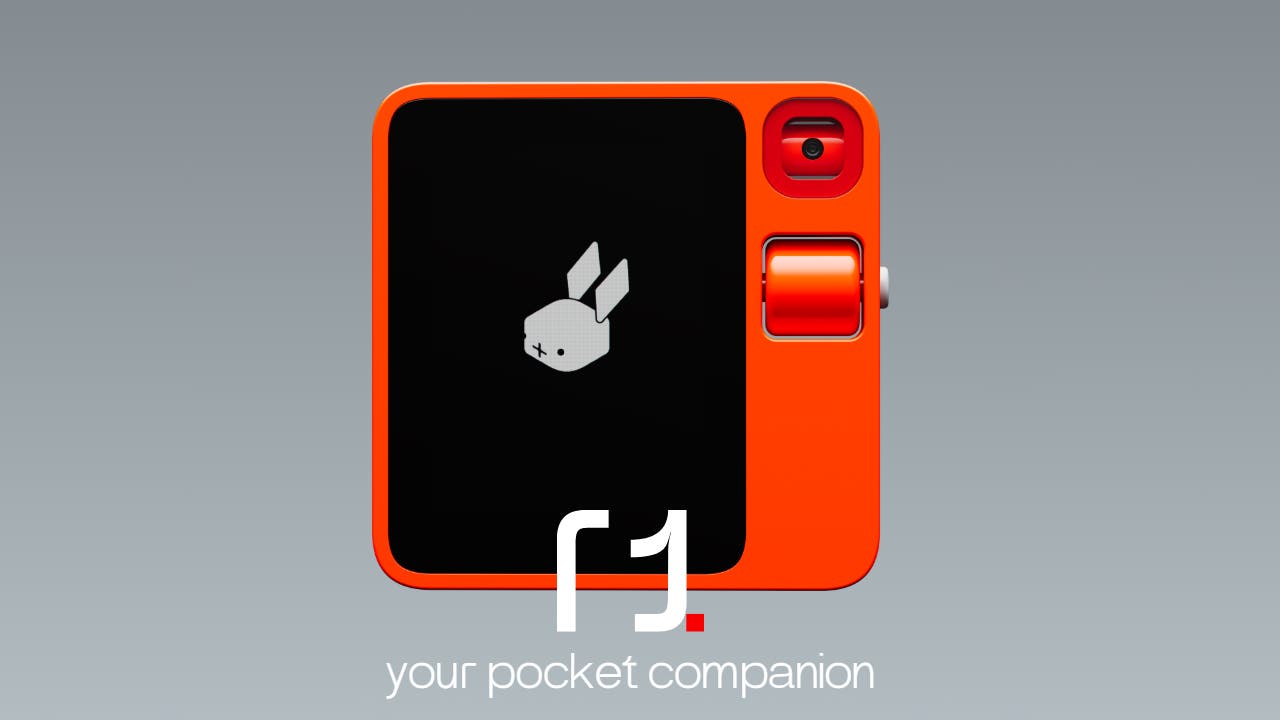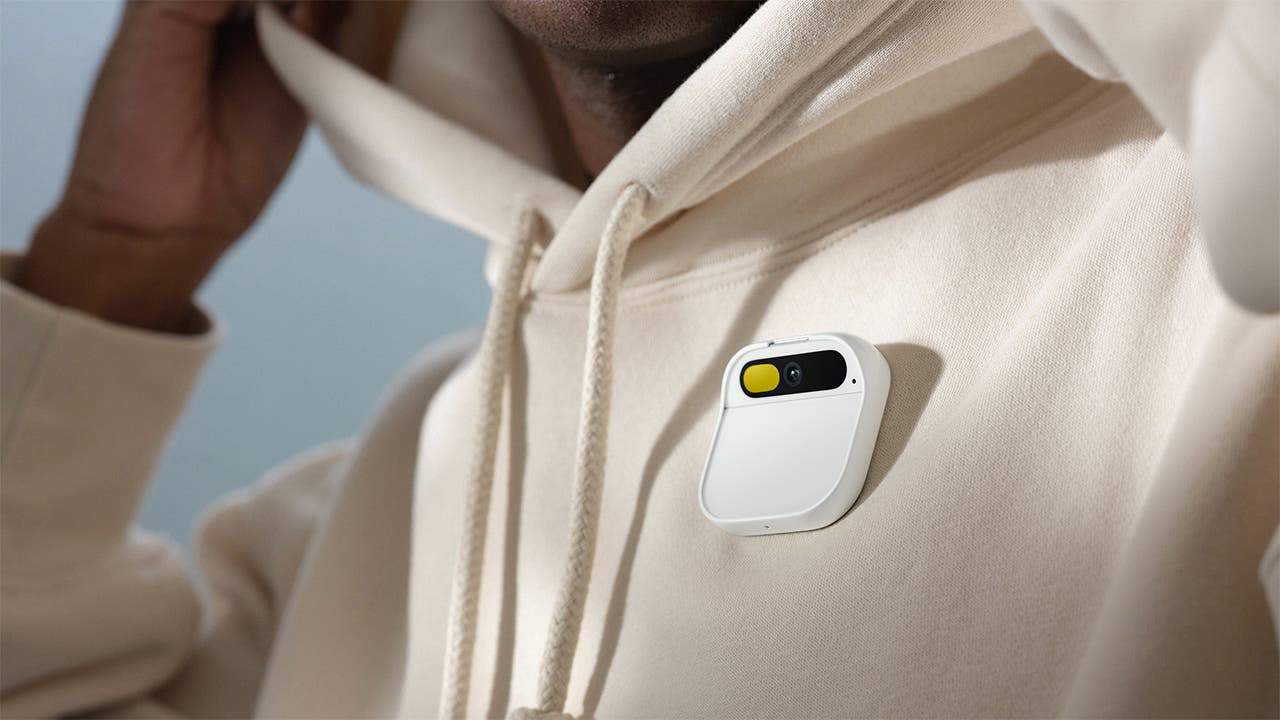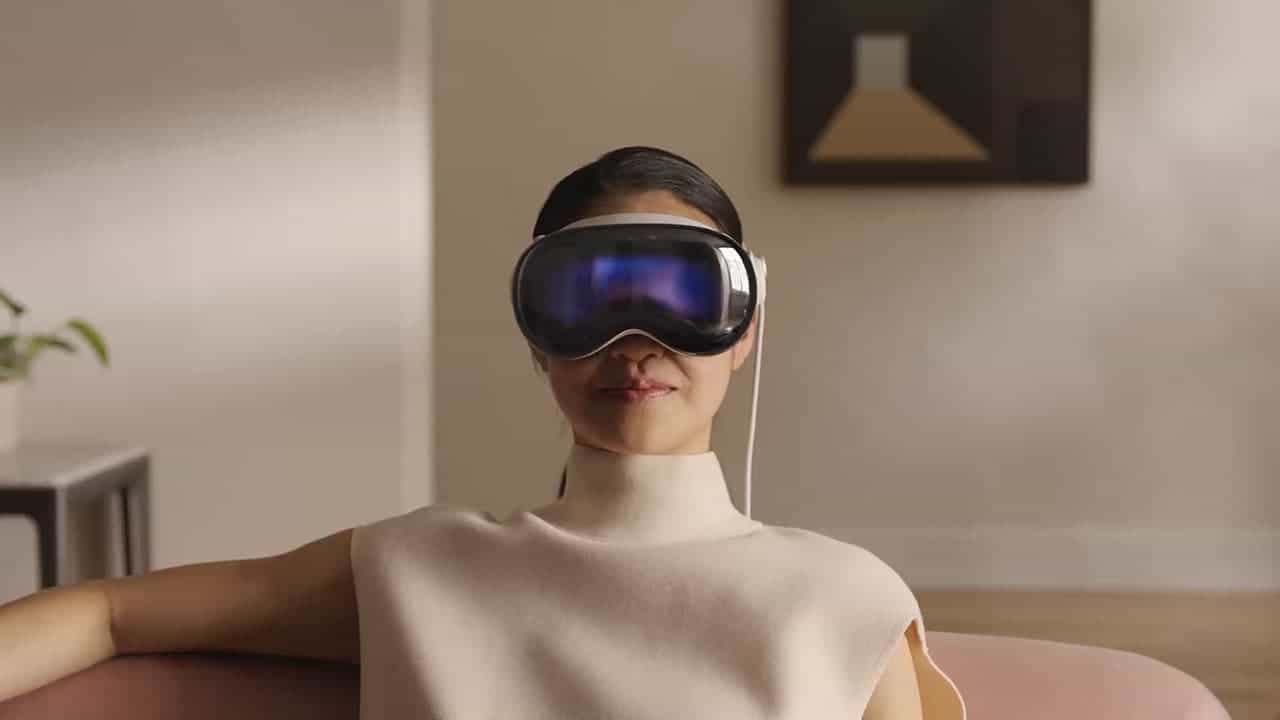2024 was a year of great technological advancements. Beyond the great devices, this year also brought its share of disappointments. From anticipated gadgets to software, several tech products and services failed to meet expectations. In this article, we’ll delve into the top tech disappointments of 2024, exploring why they fell short and what lessons can be learned.
Rabbit R1 – The AI Companion That Didn’t Quite Live Up to Expectations

The Rabbit R1 launched as a revolutionary AI companion. While it seemed like the next big tech device, the R1 fell short of expectations. Its core function of executing tasks through voice commands didn’t quite live up to the hype. To be specific, the device struggled with frequent errors and failures. The device’s clunky interface is another part.
In case you’re unaware, the Rabbit R1 mostly relies on a scroll wheel. This hinders the smooth user experience. Battery life was another major concern. Even when idle, the device drains fast. Another point that played a role in the downfall of this tech companion is limited app integration.
With little to no apps, the Rabbit R1 didn’t quite stand as a useful tech device. This left users questioning its value over a smartphone. Many technical bugs compounded the device’s shortcomings. These bugs include inaccurate object recognition and misinterpretation of voice commands.
So, the Rabbit R1 failed as a tech device for several reasons, including:
Humane AI Pin – Another Tech Product That Had the Potential to Be Something Great

The Humane AI Pin was an ambitious concept. However, it faced several challenges that hindered its success. Its high price point of $699 is one of the big reasons why it didn’t make it. This price tag was seen as excessive for a device that didn’t offer groundbreaking features compared to smartphones.
Yes, it aimed to replace smartphones by projecting a screen onto surfaces. However, the AI Pin struggled to deliver on its promise of a seamless user experience. As a matter of fact, this tech often failed to perform basic tasks effectively.
Technical issues like command recognition failures and slow response times further undermined its reliability. Users reported frequent malfunctions and slow response times. This further eroded confidence in the product’s capabilities. Additionally, the smartphone market already offers devices equipped with advanced AI features. This made it difficult for the AI Pin to differentiate itself and capture market share.
Overall, the combination of high cost, limited functionality, technical issues, and stiff competition led to the AI Pin’s failure to gain traction in the marketplace.
CrowdStrike Also Deserves a Spot In This Year’s Tech Disappointments

2024 was a year of significant setbacks for CrowdStrike, a leading cybersecurity company. A faulty software update released on July 19th caused widespread disruption. It affected millions of Windows systems globally. The flawed update contained a critical error that triggered system crashes, known as “blue screens of death.” This incident was attributed to insufficient testing procedures, as the update was released without adequate validation.
The fallout from this failure was far-reaching. This tech failure has affected various industries. That includes:
-
Airlines
-
Banks
-
Healthcare
-
Government services
The timing of the update, on a summer Friday when many IT departments were understaffed, exacerbated the situation. CrowdStrike faced severe financial consequences. The company now has significant losses and legal battles. Additionally, the company’s reputation suffered a major blow. This tech failure raised questions about its reliability as a cybersecurity provider. This incident serves as a stark reminder of the importance of rigorous testing and quality assurance in software development, even for established tech companies.
Apple Vision Pro – While Not a Complete Tech Disappointment, It’s Underwhelming

The Apple Vision Pro comes with many technological advancements. However, like most of the tech disappointments of the year, it faced significant challenges. These have hindered its market success. To start with, its high price point of $3,500 limits its accessibility. As a matter of fact, Apple had to reduce production for not being able to capture a broader audience.
Comfort and usability issues are also why this tech marvel didn’t quite make it. Most users complained about :
-
Eye strain
-
Headaches
-
The device’s weight
The limited app ecosystem is another big reason why Apple Vision Pro made it to this list of tech disappointments. There are only a few unique applications. They are specifically for the device, while other compatible devices are very underwhelming. Technical limitations also came into play. That includes poor text rendering and stuttering. These issues also detracted from the user experience.
Additionally, the Vision Pro entered a competitive market. Other VR headsets have already established themselves in this market. Some can even offer great experience without breaking the wallet. High return rates due to dissatisfaction with performance and comfort further underscored the product’s shortcomings.
So, the Vision Pro failed as a tech product for:
-
High cost
-
Comfort issues
-
Limited app ecosystem
-
Technical limitations
-
Market competition
-
High return rates